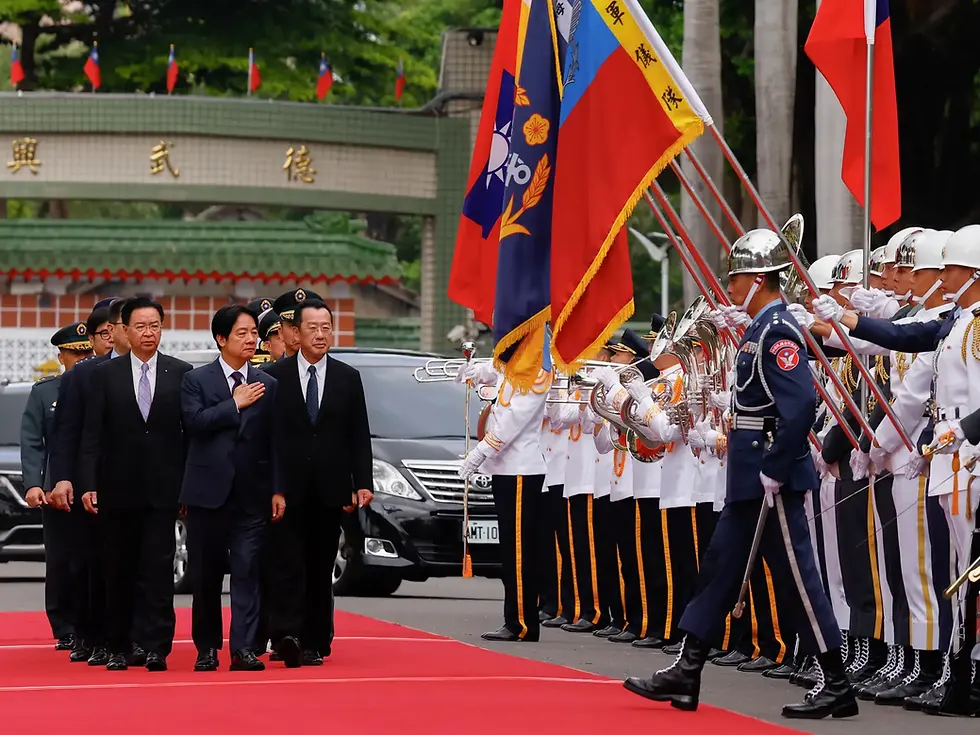By C. J. De Mel, Jadetimes News

China's Stance on Taiwan and President Lai Chingte
China, which views Taiwan as part of its territory, has expressed strong disapproval of President Lai Chingte, who assumed office last month. Labeling him a “separatist,” China conducted military exercises soon after his inauguration.
Legal Measures and Threats from Beijing
On Friday, China escalated its pressure on Taiwan by threatening the death penalty for “diehard” Taiwan independence advocates in extreme cases. This move underscores Beijing’s resolve, despite having no legal jurisdiction over the democratically governed island. According to China’s state run Xinhua news agency, new guidelines dictate that China’s courts, prosecutors, public and state security bodies should “severely punish Taiwan independence diehards for splitting the country and inciting secession crimes in accordance with the law, and resolutely defend national sovereignty, unity and territorial integrity.”

Background and Legal Basis
These guidelines are issued under existing laws, including the 2005 antisecession law, which provides China with a legal basis for military action against Taiwan if it secedes or appears on the verge of doing so. Sun Ping, an official from China’s Ministry of Public Security, confirmed that the maximum penalty for the “crime of secession” could be death, emphasizing the severity with which China views such actions.
Taiwan's Response and Continued Pressure

Taiwan has not yet issued an official response. However, a Taiwanese official indicated that they are currently reviewing the new guidelines. Taiwan has observed a pattern of increased pressure from China since Lai’s election victory in January, including military maneuvers, trade sanctions, and coast guard patrols around Taiwan controlled islands near China.
Definition of Punishable Acts
The new guidelines clarify what constitutes punishable actions, such as promoting Taiwan’s membership in international organizations where statehood is a prerequisite, engaging in “external official exchanges,” and “suppressing” entities that advocate for “reunification.” A broad clause includes “other acts that seek to separate Taiwan from China,” allowing for wide interpretation of these rules.
Efforts for Dialogue and Previous Sanctions
President Lai has repeatedly extended offers to hold talks with China, which have been rejected. He maintains that only the people of Taiwan can determine their future. In the past, China has taken legal measures against Taiwanese officials, including sanctions on Hsiao Bikhim, Taiwan’s former de facto ambassador to the United States and current vice president. Despite these actions, the practical impact is minimal as Chinese courts lack jurisdiction in Taiwan, and senior Taiwanese officials, including the president, do not visit China.

























Comments